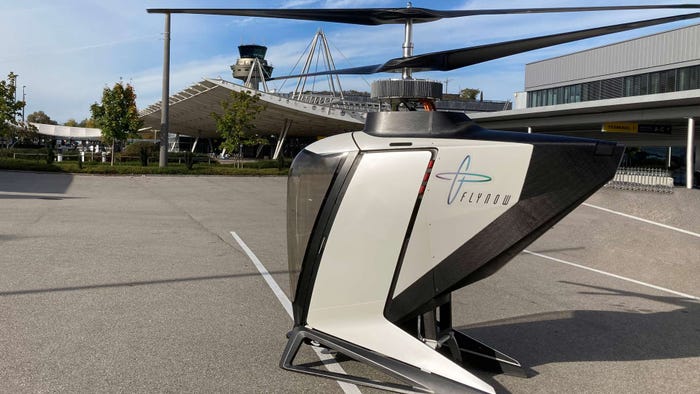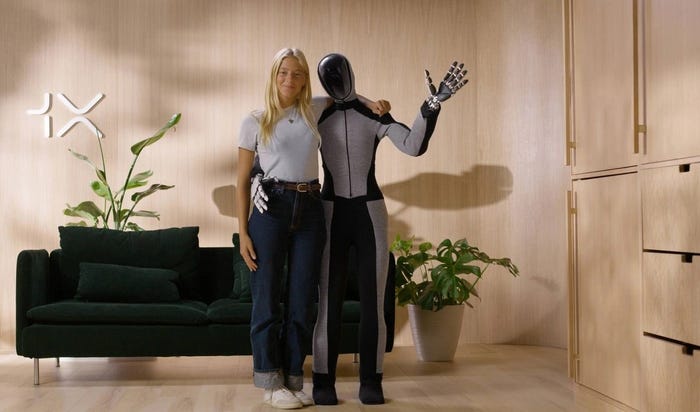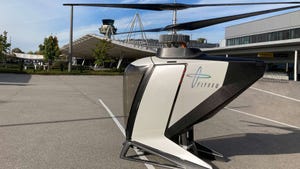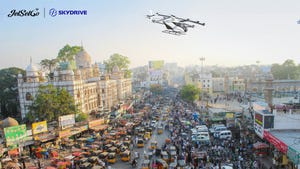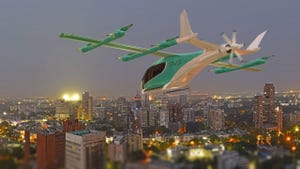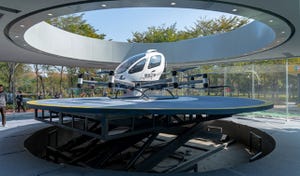Parking Valet Robots Could Roll Out Worldwide in $24M DealParking Valet Robots Could Roll Out Worldwide in $24M Deal
HL Robotics, the first to commercialize outdoor autonomous parking bots, acquires a majority stake in Stanley Robotics

Autonomous parking bots are set to become a more familiar sight in future, following the acquisition of French company Stanley Robotics.
Seoul-based HL Robotics, which is a subsidiary of the industrial conglomerate HL Holdings, is set to take a significant 74.1% stake in the French firm, with South Korea media reporting that it has paid nearly $24 million to do so.
It is understood the deal will be completed in December, with the remaining shares held by the founders of Stanley Robotics, who will continue to manage the company.
HL Robotics has wasted no time in announcing its intention to accelerate the rollout of Stanley’s signature technology.
It is the first company in the world to have successfully commercialized outdoor autonomous parking bots, having launched a service at Lyon-Saint-Exupéry Airport in France in 2019.
As the video above shows, the valet or bot – called Stan – works by driving autonomously to where a car has been left by an owner, and then sliding an extension under the vehicle to lift it up and transport it to an allotted bay.
Each bot can lift a vehicle weighing up to 2.6 tons, and has the capacity to move seven cars an hour. Four hours of charging is sufficient for 20 hours of use and ultrasonic sensors, cameras and Lidar all feature to enable the automated functionality.
Outside Stanley’s native France, the company signed a bot subscription agreement with the Canadian National Railway Company in September this year, which marked the first commercialization of the concept in North America. The deal will see Stan park vehicles and provide logistics management in the company’s car parks.
For more robotics and other embedded tech news subscribe to our free newsletter!
According to HL Robotics, there are high hopes for additional orders across the United States, Canada and Europe, with railroad logistics companies and airports identified as potential customers.
Although the tech is very much in its infancy, the Korean company is confident over its potential, citing experts who believe the global market could reach $6.7 billion by 2030, with the growth driven by space shortages, increases in population and greater urban density in major cities.
In a statement to confirm the deal, the company claimed: “With this acquisition, HL Robotics aims to take the lead in the global parking robot market and spearhead the advancement of global autonomous parking robot technology, positioning it as a new growth engine for HL Group.”
About the Author
You May Also Like


.jpg?width=700&auto=webp&quality=80&disable=upscale)
